
The Deputy Director of the Centre of International Education at the University of Sussex, Professor Kwame Akyeampong says the education curricular in Africa is too loaded and prevents pupils from grasping its contents effectively.
This, he said, was one of the factors accounting for the low learning outcomes recorded on the continent, although pupils had the predisposition to perform brilliantly like their counterparts abroad.
According to the educationist who has researched into curricular reforms, a fit-for-purpose curricular should give room for creativity, practical work, and be infused with technology to make it easier for pupils to understand lessons.
Delivering the keynote address at the 2nd international conference of the African Curriculum Association (ACA) in Accra on Tuesday, he said educators must address the challenges to propel socio-economic growth.
More than 120 curriculum experts, academics and policy makers from 21 African countries including The Gambia, Namibia, Chad, South Africa and the United Kingdom have gathered in Accra for the week-long conference.
Under the theme "Using Curriculum to achieve better educational outcomes," the participants would be deliberating on ways to improve curriculum and advance its related issues to derive better learning outcomes.
The conference is being organised by the ACA in partnership with the Ministry of Education (MoE) and the National Council for Curriculum and Assessment (NaCCA).
According to Prof. Akyeampong, despite the periodic curricular reforms, they had not been effective because certain issues such as teacher education, teacher absenteeism, rural, gender gaps, instruction language were not satisfactorily addressed.
"Ensuring alignment of teacher education, on-going teacher support, curriculum and instructional resources, assessments and examinations and the language of instruction particularly in early grades are key to maximising the benefit of curriculum reforms," he said.
Deputy Minister of Education, Dr Yaw Osei Adutwum noted that there were many missing links in the education reforms agenda and that efforts were being made to resolve them, saying that education was key to national development.
He said African had not tapped 10 percent of its rich human resource adding that the continent should find innovative ways to leverage this resource for its transformation.
"If you give African children the optimum support they will perform better than those abroad," he said adding that "Curriculum is critical but linking it up with assessment instruction and accountability is the key to success."
For his part, Dr Prince Armah, Executive Secretary of NaCCA, noted that access to education had been improved on the continent and that it was now time to build stronger school systems to boost the continent's human resource.
Ms Grace Baguma, chairperson of ACA, said the association recognised the challenges with curricular on the continent and would continue to create avenues to share experiences and fine-tune them to be effective.
Read Full Story
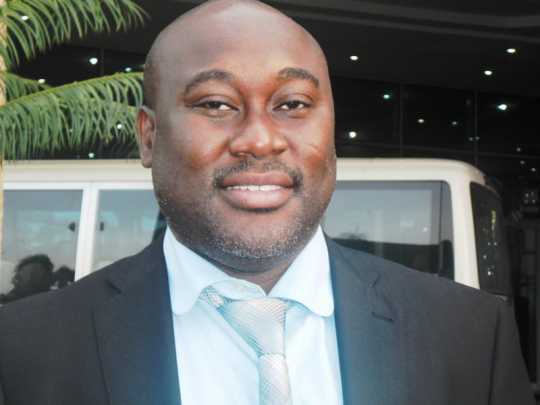

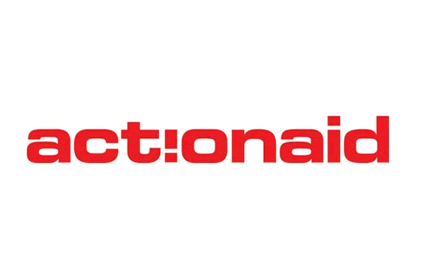
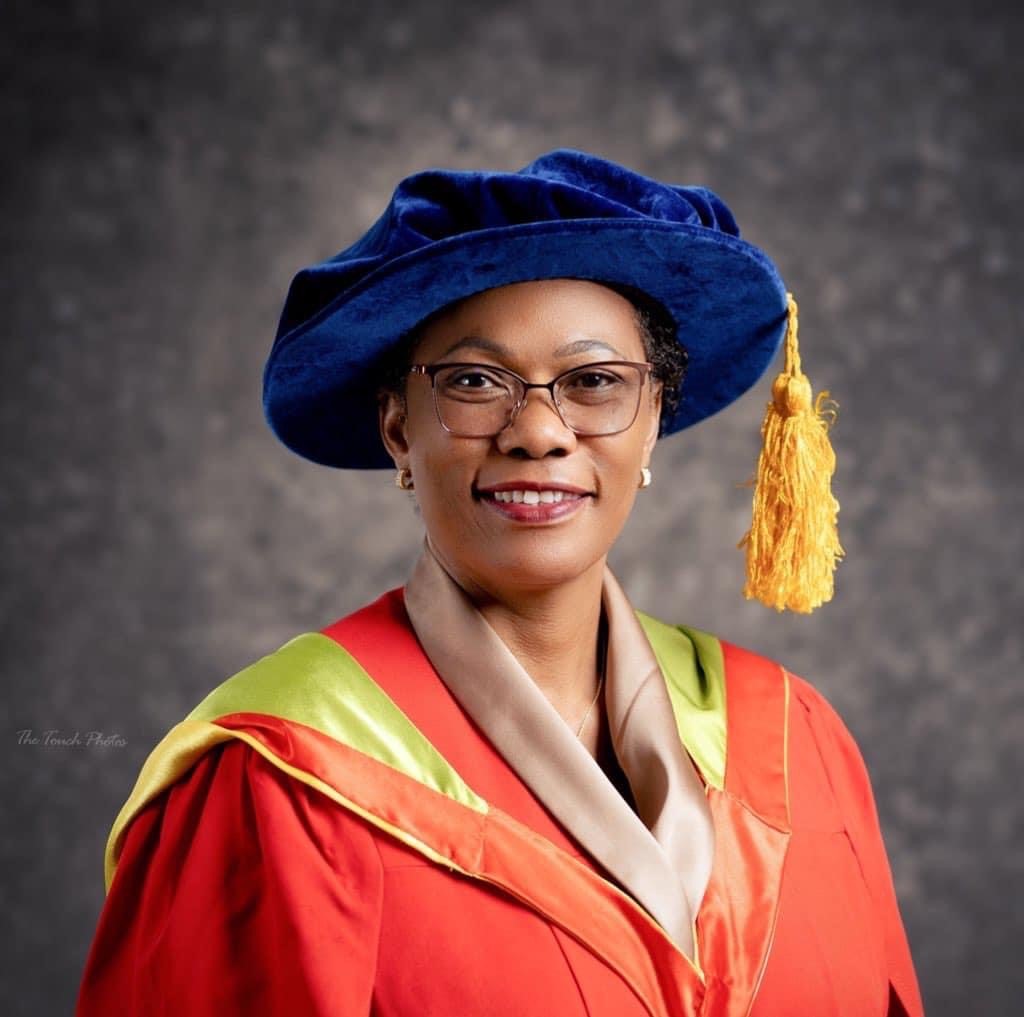

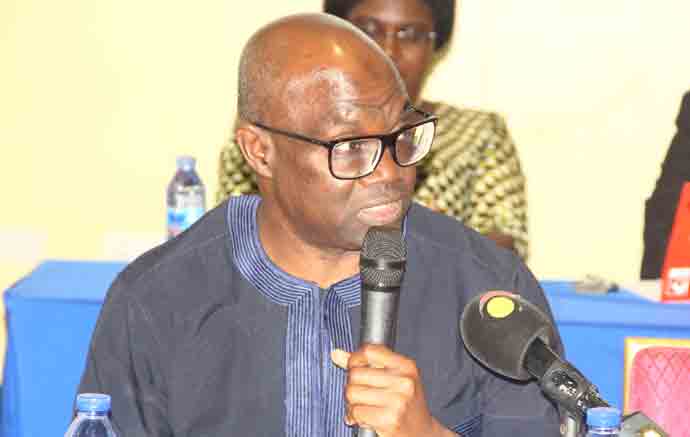















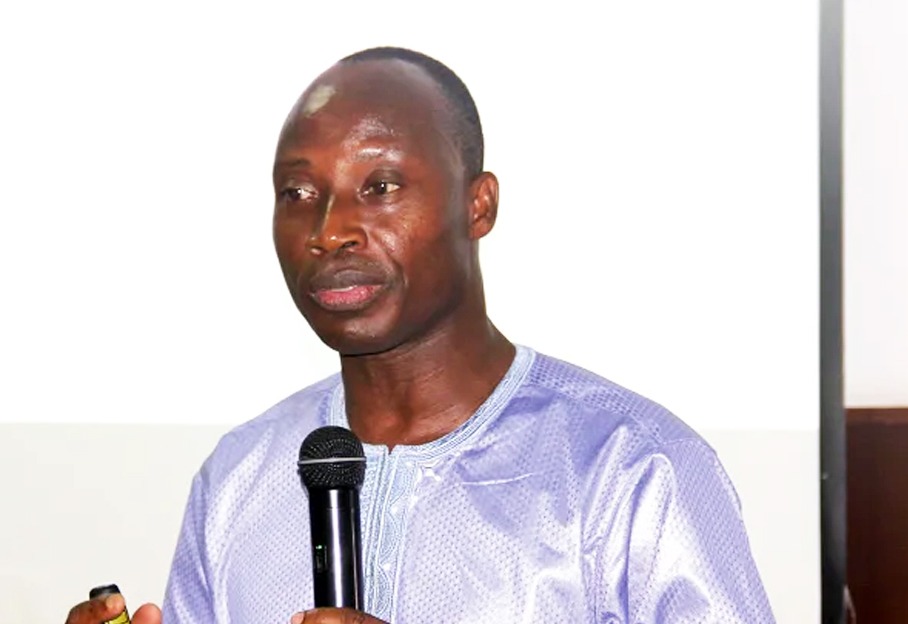
Facebook
Twitter
Pinterest
Instagram
Google+
YouTube
LinkedIn
RSS